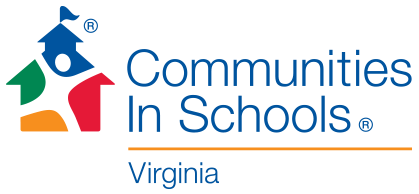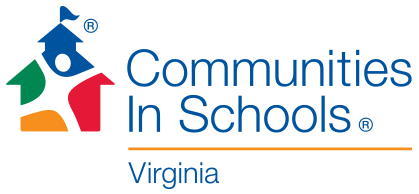Mental Health &
Social-Emotional Learning
Ideal school-based mental health services provide a well-coordinated variety of sustained, whole-school and individualized supports that focus on both prevention and intervention by engaging educators and families as agents of change. The CIS model of Integrated Student Supports is structured to provide and/or broker these types of supports. Just as access to basic resources can help disadvantaged students address hunger and discomfort so that they can focus on learning, students with mental health issues can benefit from practicing SEL techniques. Practicing these techniques allows students to develop an array of coping mechanisms so that they can concentrate on academics, graduation, and a healthy and successful life.

Mental Health:
Mental health includes emotional, psychological, and social well-being. It can be positive or poor, and its status can be fluid. Poor mental health can affect learning and behavior in school and also encompasses clinically diagnosed mental health illnesses that require treatment by a qualified mental health professional. Though CIS's relationship-based approach often means the site coordinator is the first to learn of an acute issue, a primary role once an acute issue is identified is to triage care to mental health providers.
CIS can:
- Connect students and parents to resources
- Provide supports that strengthen coping skills, improve well-being and complement mental health treatment
- Align attendance, behavior and academic goals with mental health needs and treatment
- Monitor progress with interventions; integrate into other aspects of case management
- Serve as a liaison between providers, school and family
- Co-Develop school-wide plans for response and supports
- Promote and apply trauma-informed principles
- Assist in staff training on trauma-informed learning
Social-Emotional Learning (SEL)
SEL competencies are skills needed to recognize and manage one's emotions, develop positive/supportive relationships, make good/responsible decisions, and engage with people in a positive and healthy manner. These skills support overall mental health (emotional and social aspects - how students feel and act).
CIS can:
- Help students learn skills that promote social-emotional development. For example, how to manage emotions, achieve goals, establish & maintain relationships.
- Align SEL interventions with established goals for attendance, behavior & academics
- Develop and reinforce whole-school approach that embeds SEL programming into school climate
- Broker positive relationships with mentors, volunteers, & other community representatives
- Coordinate support groups & other small-group programming
- Assist in staff training on trauma-informed learning

